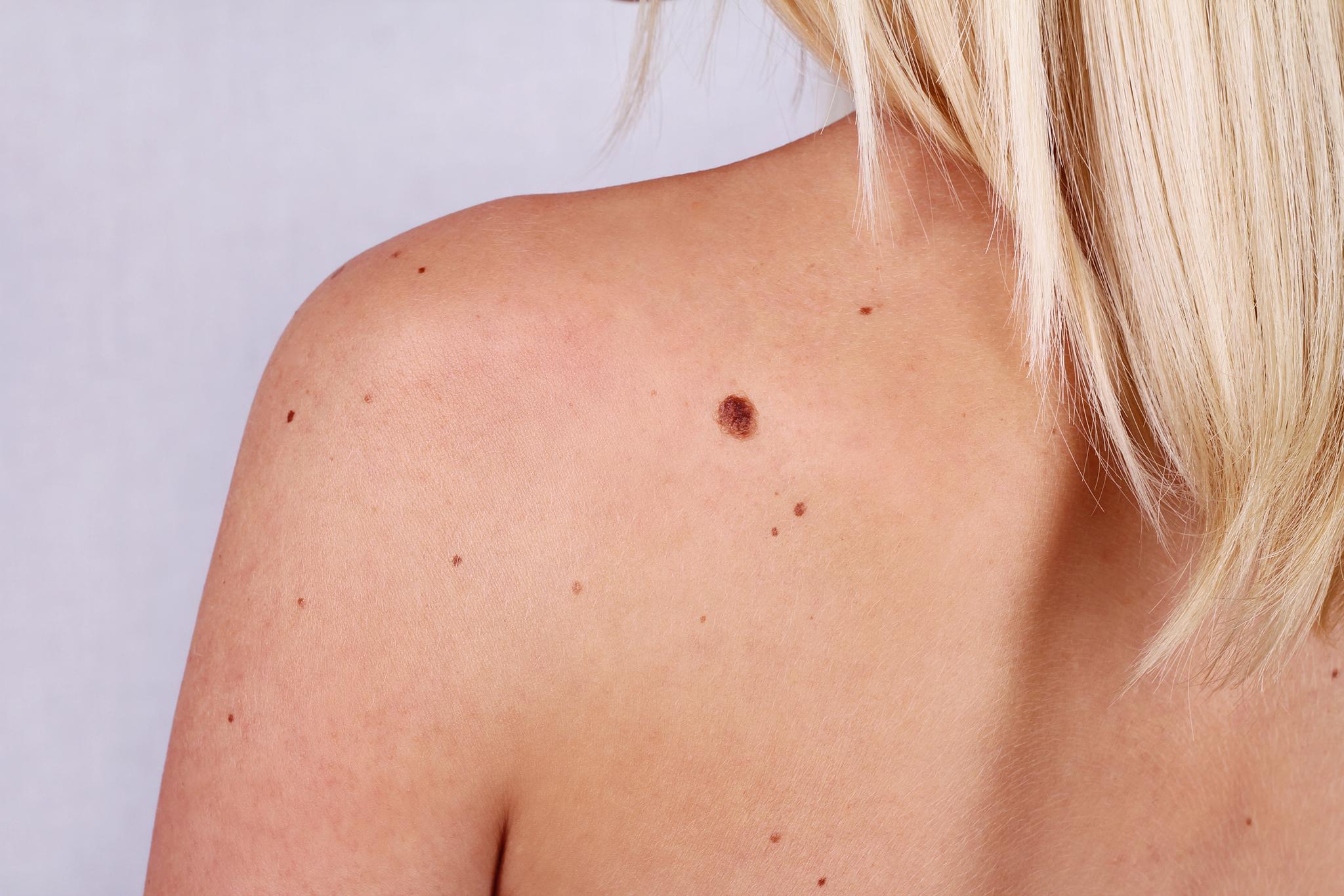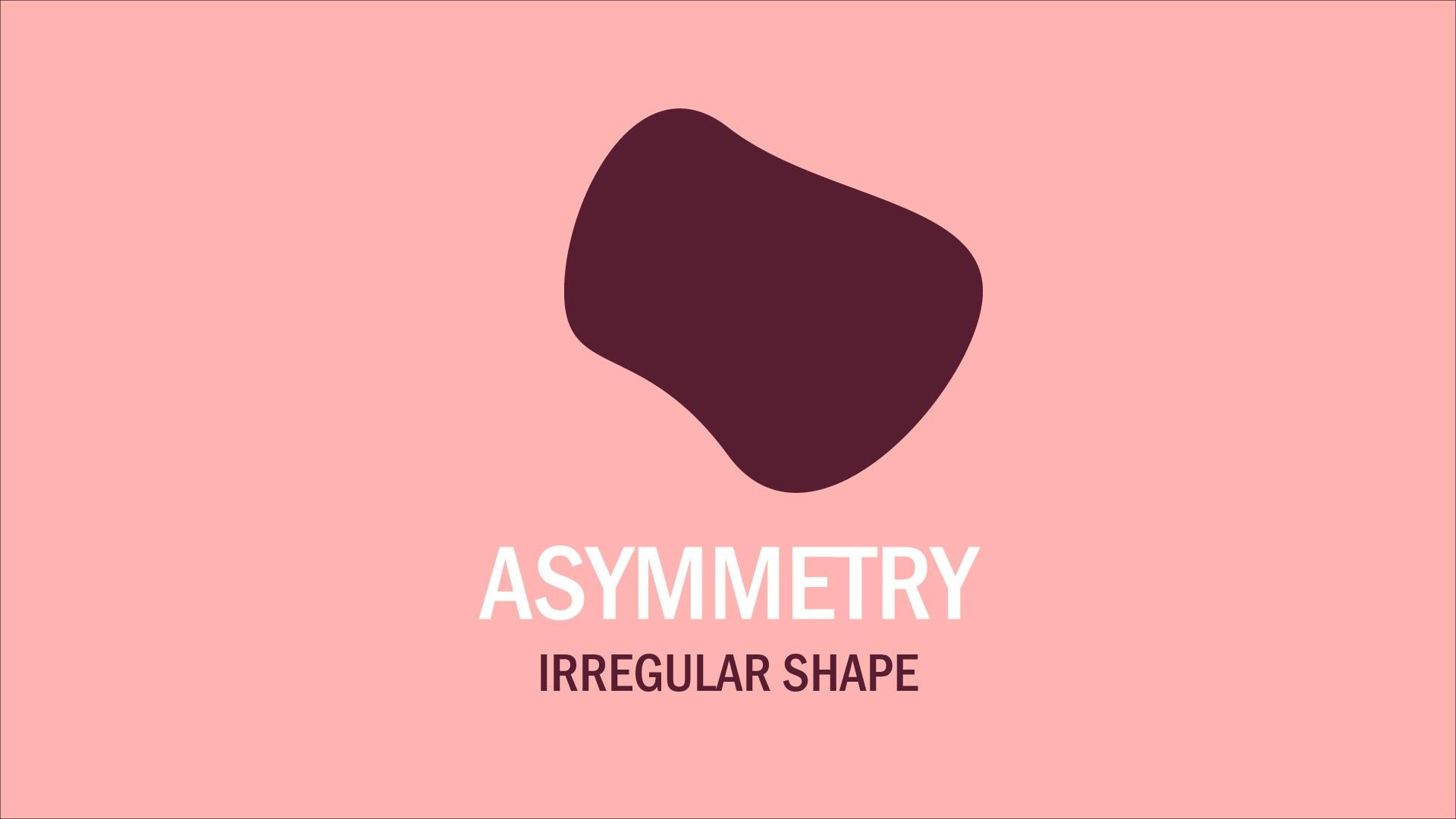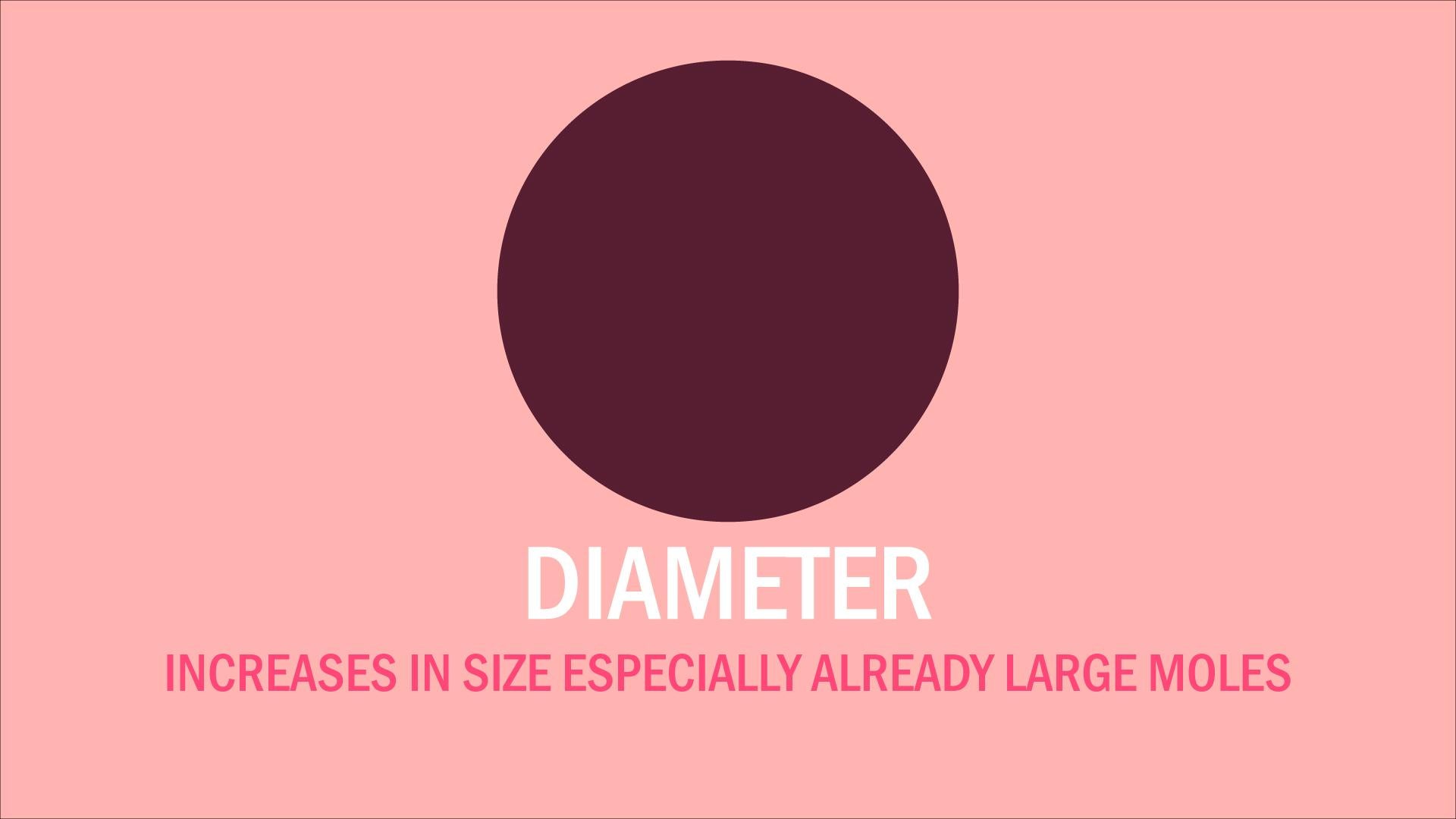Melanoma skin cancer: What moles to look out for
Remember A, B, C, D, E

Skin cancer is one of the most common cancers in the world. There are roughly 15,000 new cases of melanoma skin cancer in the UK each year and 2,500 deaths.
However, the survival rate for melanoma skin care is pretty strong, with a forecast of 90 per cent of people with the disease surviving for 10 years or more in 2010 – 2011 in England and Wales, according to Cancer Research UK. The most common sign of melanoma is the appearance of a new mole on the body or a change in an existing mole.
Most people are aware of this but struggle to define just what kind of mole change or new mole they need to look out for.
A handy way to remember what signs to look out for is simply by going through the alphabet. The healthcare insurance firm AXA PPP healthcare have devised a video and graphics to help remember.
A stands for asymmetry, meaning if a mole has an irregular shape.

B is borders which means if the mole has ragged edges.

C is if the mole has changed colour or if the mole is a different colour in one part than in another.

D is for diameter meaning any increase in size, particularly if it is more than 6mm across

E: Finally, E is for elevation so if the mole is raised from the surface, especially if it is irregularly raised.

Most melanomas are uncommon in areas which hardly ever sees the sun, according to the NHS. Sun damage is one of the key contributors to melanoma and you can reduce your chances of developing it if you avoid getting sunburnt by using sun creams and dressing sensibly.
Regularly checking your skin can also lead to an early diagnosis and therefore improve the chance of successful treatment. If you notice any changes or are concerned about a mole visit your GP.
Join our commenting forum
Join thought-provoking conversations, follow other Independent readers and see their replies
Comments
Bookmark popover
Removed from bookmarks